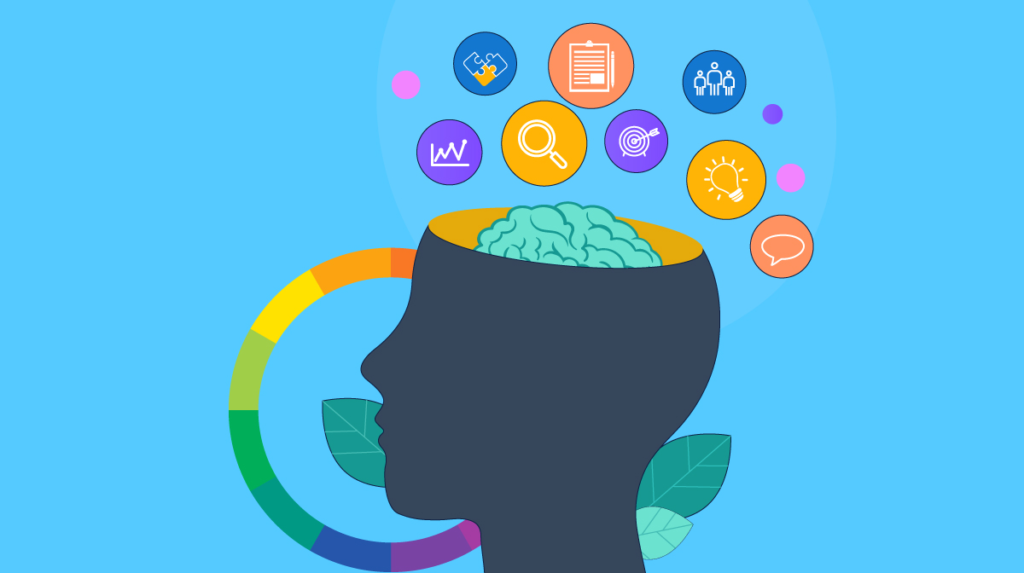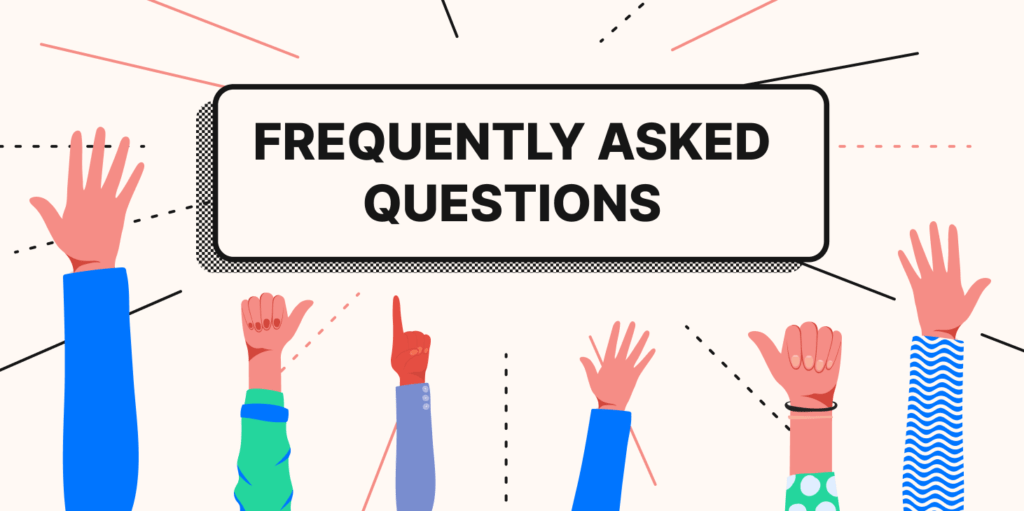The Power Of Emotional Marketing: Connecting With Your Audience

In the fast-paced and ever-evolving world of digital marketing, one thing remains constant—the power of emotional marketing. At our core, we are emotional beings, and tapping into those emotions is the key to forging a deep and lasting connection with your audience. In this article, we’ll delve into the intricacies of emotional marketing and how it can propel your brand to new heights, leaving your competitors in the dust.
Understanding Emotional Marketing
Emotional marketing is not a mere buzzword; it’s a fundamental aspect of human psychology that successful brands have harnessed for decades. At its essence, emotional marketing involves crafting messages, campaigns, and content that evoke powerful emotions in your audience. These emotions can range from joy and excitement to empathy and nostalgia.

When done right, emotional marketing transcends mere product features and price points. It taps into the very heart of the consumer, leaving a lasting imprint. Let’s explore some of the key emotions that marketers often leverage:
1. Joy and Happiness
Imagine a video of a family joyfully opening a surprise gift. It’s heartwarming, right? Brands that evoke joy and happiness in their audience create a positive association with their products or services. Customers want to be part of that joy, and they’ll turn to your brand to experience it.
2. Fear and Urgency
While it may sound counterintuitive, fear can be a potent emotional trigger. Fear of missing out (FOMO) or fear of a problem worsening without a solution can drive action. Urgency in marketing messages, such as limited-time offers, taps into this emotion, encouraging customers to act promptly.
3. Empathy and Compassion
In today’s world, consumers seek brands that show genuine empathy and compassion. Sharing stories of how your brand supports social causes or helping customers in times of need builds a strong emotional connection. When people believe you genuinely care, they become loyal advocates.
4. Nostalgia and Sentimentality
Nostalgia is a powerful force that can transport individuals back in time. Brands that incorporate elements of nostalgia into their marketing campaigns can create a sense of longing, prompting customers to relive cherished moments through their products or services.
The Impact of Emotional Marketing on Brand Loyalty
Now that we’ve explored the emotions that emotional marketing can trigger, let’s dive into why it’s essential for building brand loyalty.

1. Fosters a Strong Connection
Emotional marketing goes beyond selling a product; it creates a bond between your brand and your audience. When customers feel understood and emotionally connected, they are more likely to stay loyal to your brand.
2. Enhances Customer Engagement
Engagement is the lifeblood of digital marketing. Emotionally charged content grabs the audience’s attention and keeps them engaged. It prompts them to like, share, and comment on your content, amplifying your reach.
3. Drives Customer Advocacy
Customers who have an emotional connection with your brand are not just buyers; they become advocates. They willingly spread the word about your brand, drawing in new customers through word-of-mouth referrals.
4. Boosts Sales and Revenue
Ultimately, emotional marketing leads to increased sales and revenue. Customers who feel a strong emotional connection are more likely to make repeat purchases and spend more on your products or services.
Practical Tips for Implementing Emotional Marketing

Now that we’ve established the significance of emotional marketing, here are some actionable tips to implement it effectively:
1. Know Your Audience
Understanding your target audience is the foundation of emotional marketing. Conduct in-depth research to uncover their pain points, desires, and emotions. Tailor your content and campaigns to resonate with them.
2. Tell Compelling Stories
Stories have a unique ability to evoke emotions. Craft compelling narratives that align with your brand’s values and mission. Make sure these stories are relatable and elicit the desired emotional response.
3. Use Visual Content
Visual content, such as videos and images, can convey emotions more effectively than text alone. Incorporate eye-catching visuals into your marketing materials to enhance emotional engagement.
4. Consistency is Key
Consistency in messaging and brand identity helps build trust and emotional connections over time. Ensure that your brand’s voice and values shine through in all your marketing efforts.
FAQS (FREQUENTLY ASKED QUESTIONS)
Here are some frequently asked questions (FAQs) related to emotional marketing:

Q: What is Emotional Marketing?
Answer: Emotional marketing is a marketing strategy that focuses on evoking specific emotions in the target audience to create a strong and lasting connection between a brand and its customers. It aims to go beyond the features and benefits of a product or service by tapping into human emotions such as joy, fear, empathy, and nostalgia.
Q: Why is Emotional Marketing Important?
Answer: Emotional marketing is crucial because it helps build brand loyalty, enhances customer engagement, drives customer advocacy, and boosts sales and revenue. By connecting with customers on an emotional level, brands can create a deep and meaningful relationship, making customers more likely to choose their products or services over competitors.
Q: How Can I Implement Emotional Marketing?
Answer: To implement emotional marketing effectively, you should:
- Know your target audience and their emotional triggers.
- Tell compelling stories that resonate with your brand’s values.
- Use visual content, such as videos and images, to enhance emotional engagement.
- Maintain consistency in messaging and brand identity to build trust.
Q: What Are Some Common Emotions Used in Emotional Marketing?
Answer: Common emotions leveraged in emotional marketing include:
- Joy and Happiness: Brands evoke positive emotions by showcasing moments of happiness associated with their products or services.
- Fear and Urgency: Fear of missing out (FOMO) or the urgency of limited-time offers can drive action.
- Empathy and Compassion: Brands demonstrate empathy by supporting social causes or helping customers in need.
- Nostalgia and Sentimentality: Nostalgia creates a sense of longing, prompting customers to relive cherished moments.
Q: Can Emotional Marketing Be Applied to Any Industry?
Answer: Yes, emotional marketing can be applied to virtually any industry. While the specific emotions and strategies may vary, the fundamental concept of connecting with customers on an emotional level remains applicable across industries, from retail and healthcare to technology and nonprofit organizations.
Q: How Do I Measure the Success of Emotional Marketing Campaigns?
Answer: Measuring the success of emotional marketing campaigns can be challenging, but some metrics to consider include:
- Engagement Metrics: Look at likes, shares, comments, and overall interaction with your content.
- Customer Loyalty: Monitor customer retention rates and repeat purchases.
- Brand Advocacy: Track the number of referrals and recommendations from satisfied customers.
- Sales and Revenue: Assess whether emotional marketing efforts lead to increased sales and revenue.
Q: Are There Any Risks Associated with Emotional Marketing?
Answer: While emotional marketing can be highly effective, there are some risks. If not executed well, it can come across as insincere or manipulative, which may harm your brand’s reputation. It’s essential to strike a balance between genuine emotional connection and marketing objectives.
Incorporating emotional marketing into your strategy requires careful planning and a deep understanding of your target audience. When done right, it can be a powerful tool for building brand loyalty and driving business success.
Connect With Us On Social Media [ Facebook | Instagram | Twitter | LinkedIn ] To Get Real-Time Updates On The Market. Entrepreneurs Diaries Is Now Available On Telegram. Join Our Telegram Channel To Get Instant Updates.




